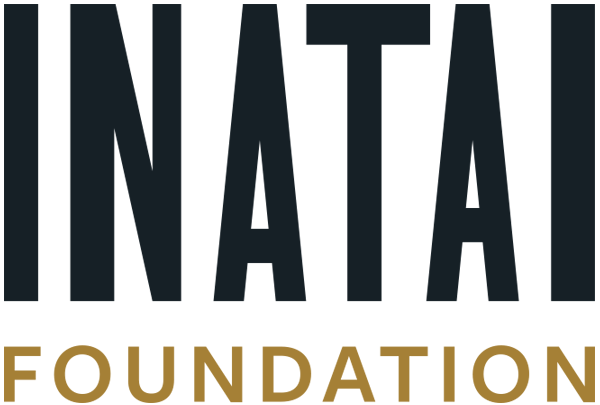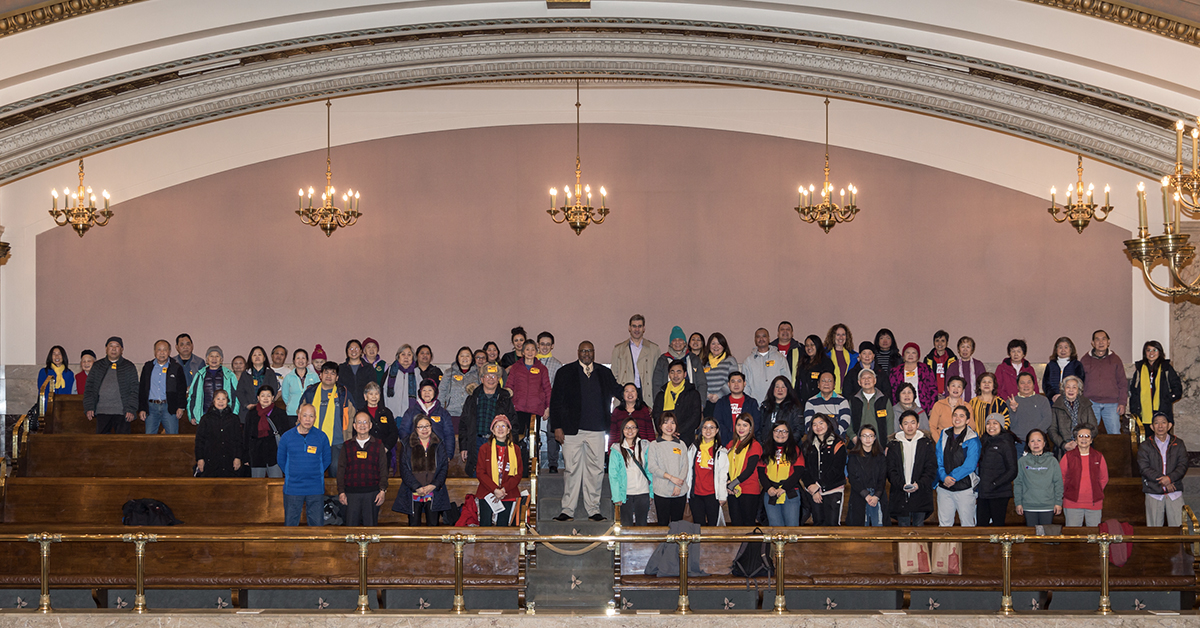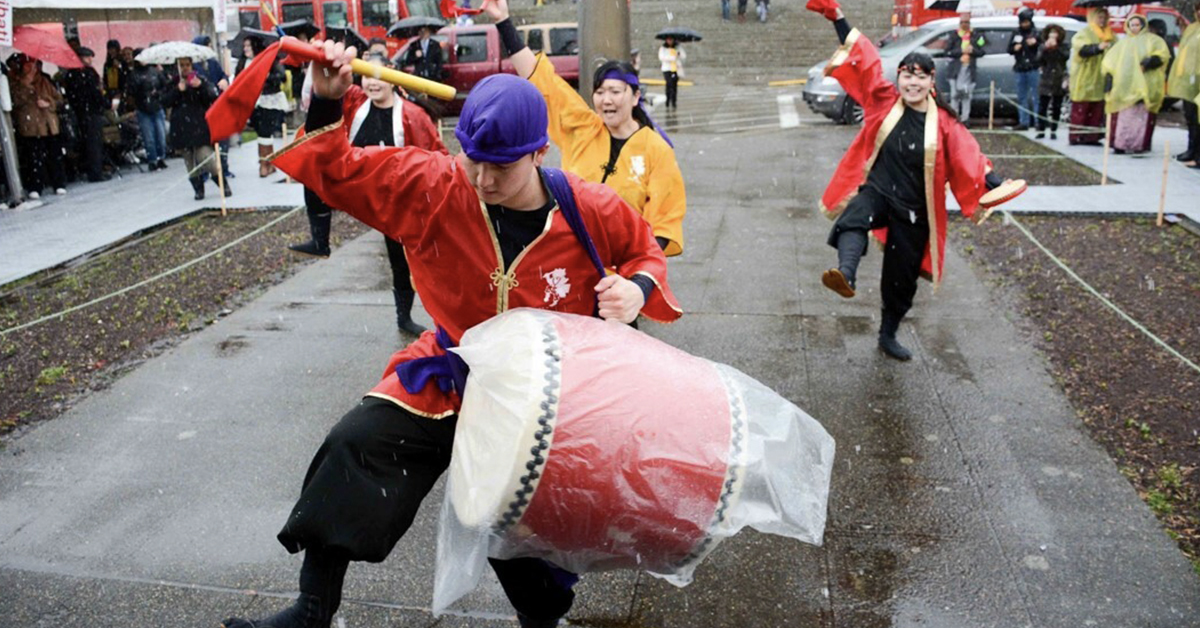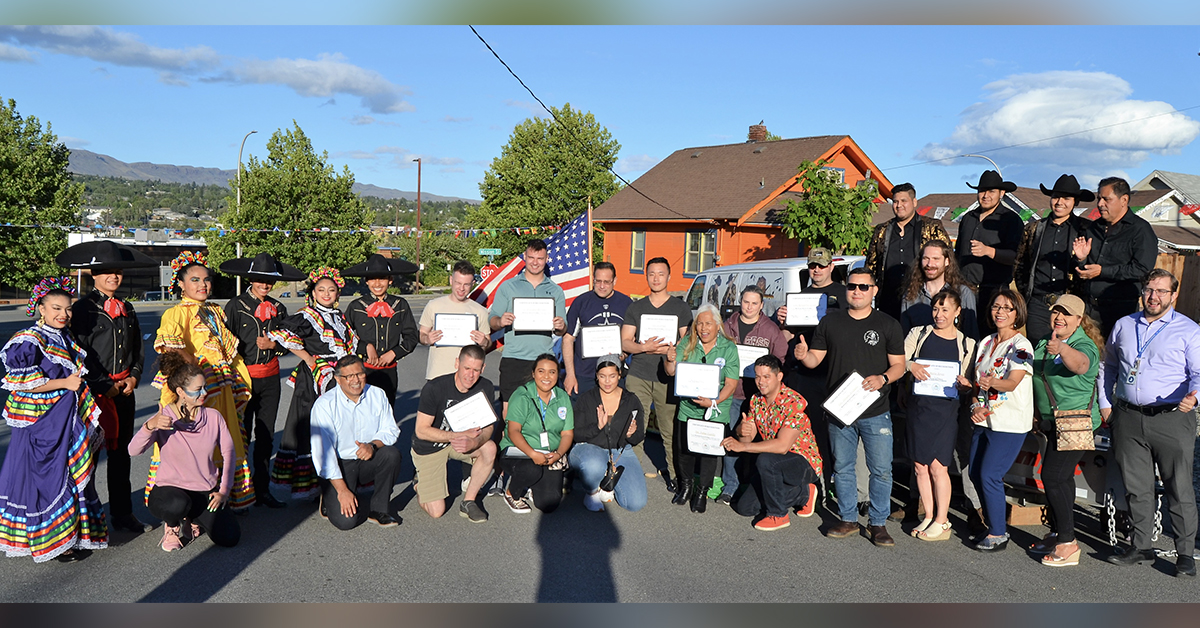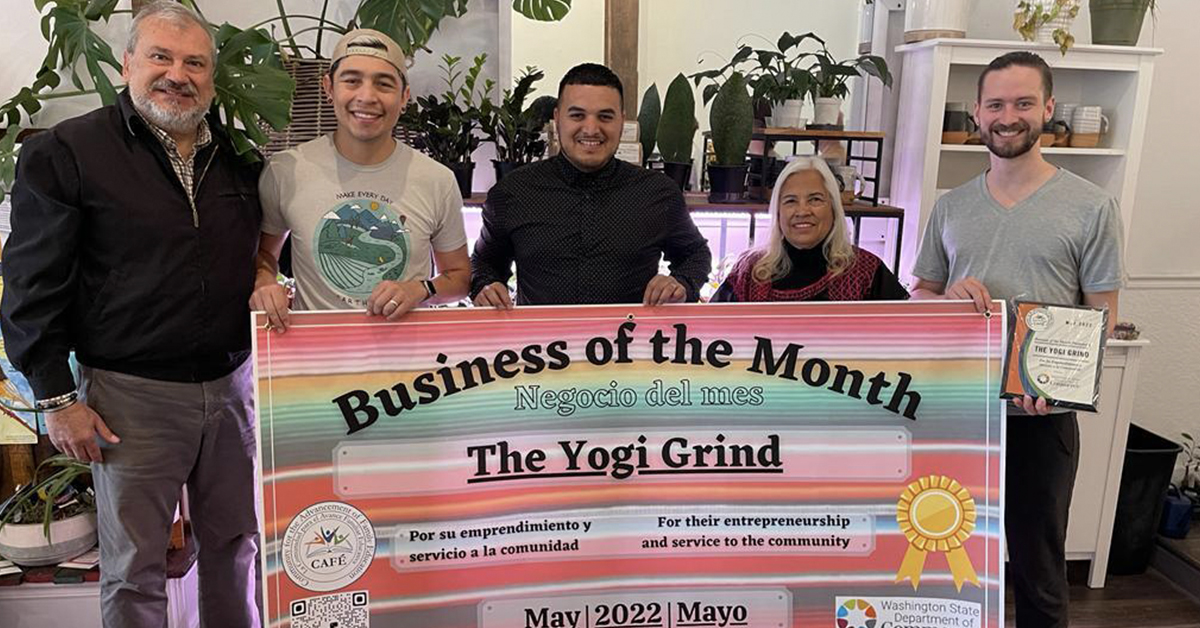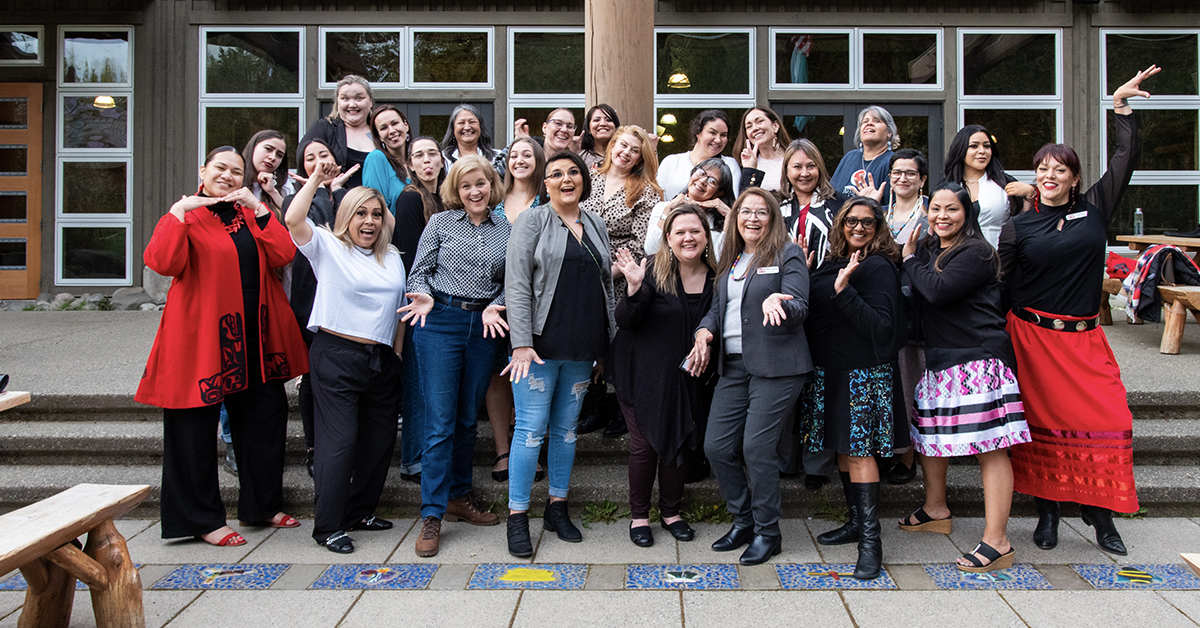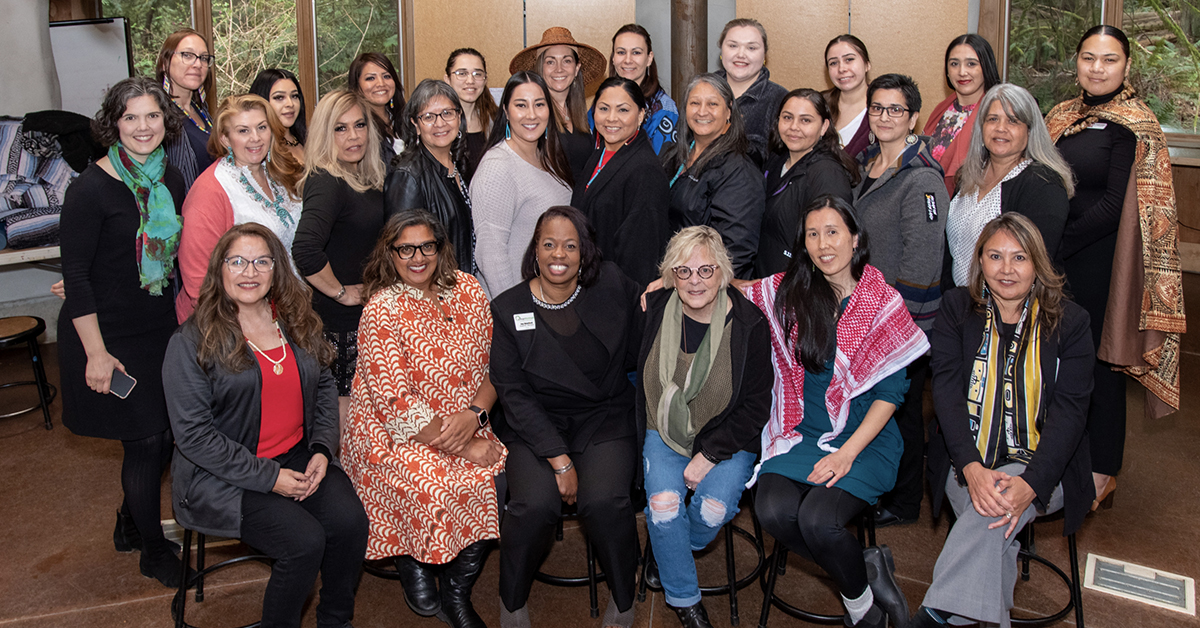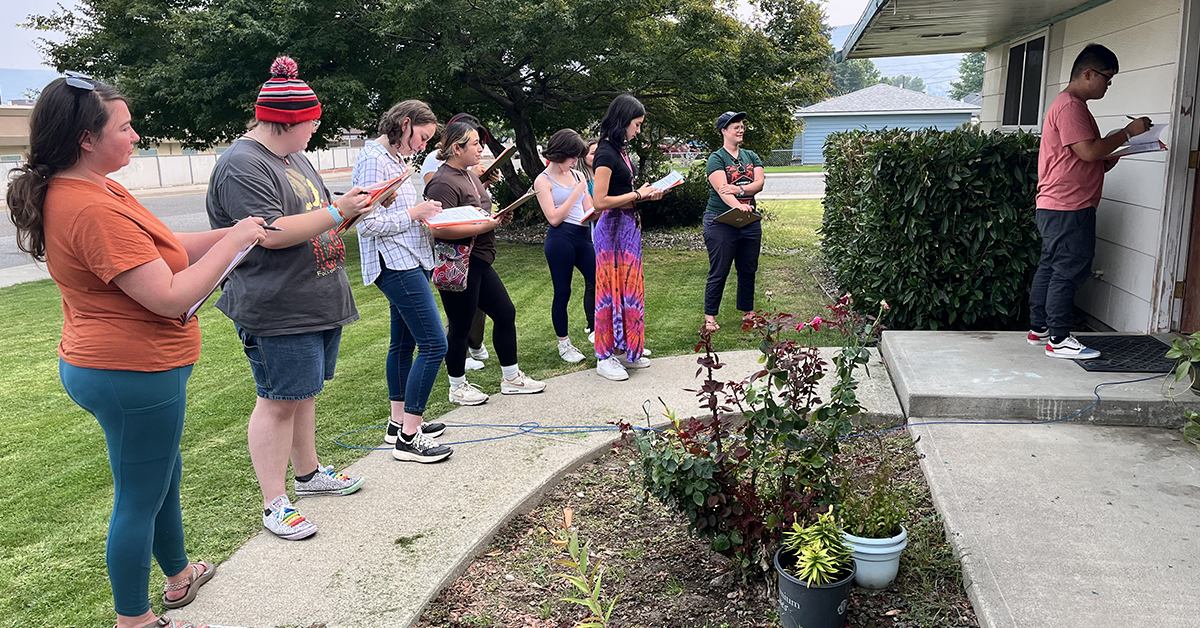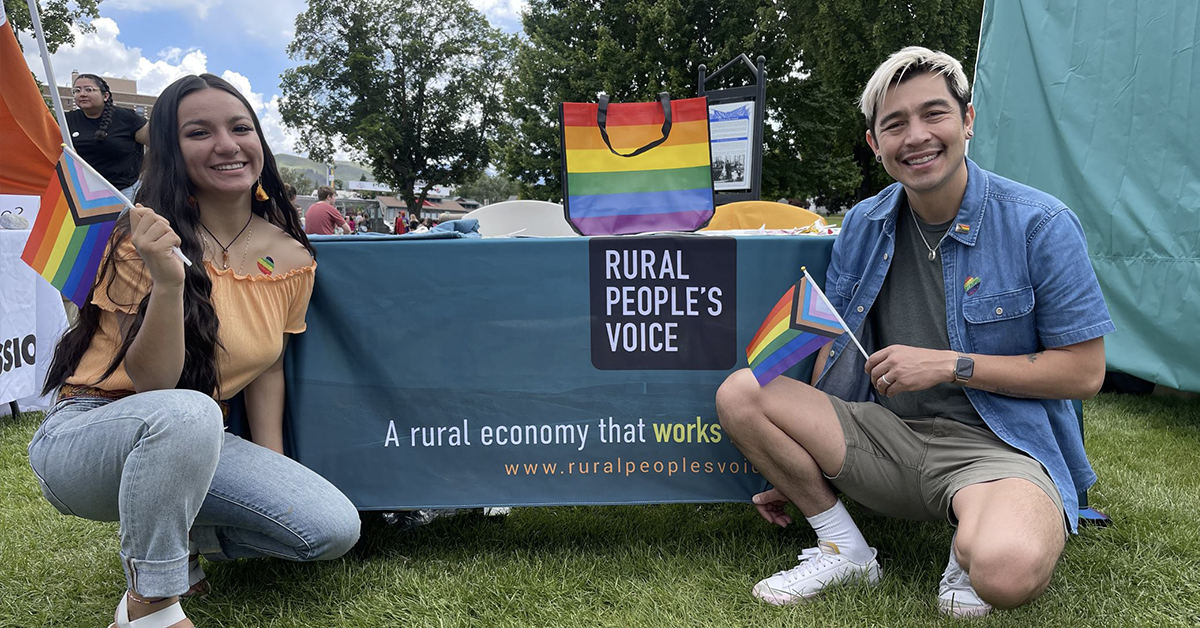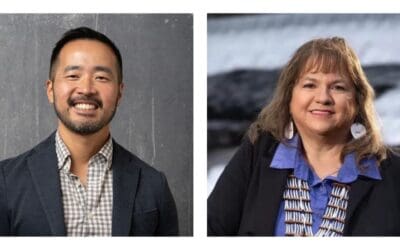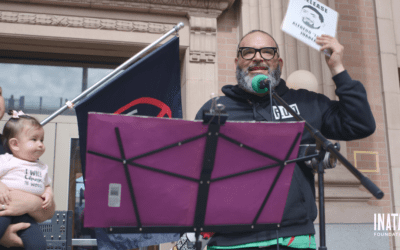Asian Pacific Islander Coalition of Washington
Geography served: Washington state
Asian Pacific Islander Coalition of Washington prioritizes key issues and topics that impact people of Asian and Pacific descent across the state. They mention some of the unique circumstances faced by their communities:
“As one of the only statewide coalitions devoted to the needs, rights, and justice of Asians and Native Hawaiians/Pacific Islanders in Washington state, we believe that we have the tools, skills, and people to mobilize our communities and build long-term, sustainable, progressive political power. Our coalition was born out of advocating for state programs that fill the gaps created by the 1996 Welfare Reform Act that excluded our vulnerable immigrant communities from federal benefits. Thus, our legacy is built on the power of Asian, Native Hawaiian, and Pacific Islander communities fiercely advocating for what they need to live healthy and full lives, and we plan to continue this legacy with year-round legislative and local advocacy, culturally meaningful policy and advocacy trainings, and multilingual resources.”
Communities for the Advancement of Family Education
Geography served: Chelan, Douglas, Okanogan, Grant, Benton, and Yakima counties
CAFÉ is a nonprofit organization founded and led by members of the Latinx community in Chelan County to advance family and community growth through education. They’ve since expanded their services across Washington and focus much of their work on health equity. CAFÉ discusses the importance of culturally relevant power-building and how it has already transformed their communities:
“The Latino voice in North Central Washington, though present, had lacked systemic power due to institutionalized racism and financial resources that prevent organizing for change. CAFÉ leadership, through lived experiences, knows the art of penetrating systemic barriers. The strategic planning and the successful implementation of action items and community needed services were designed to strengthen CAFÉ’s infrastructure, establishing a community voice with the objective of impacting the system at all levels. It began with the creation of the Community Services Coalition by getting community social service providers in four counties on the same page, minimizing service duplication, and identifying gaps of services. This collaborative leadership, organizing, and community outreach by skillful staff and volunteers was recognized by city and county officials and by the governor. CAFÉ’s transformation became an exemplary organization in the use of bicultural field-tested strategies, family values, organizing skills, and focusing on promoting changes to be duplicated by other nonprofits.”
Native Action Network
Geography served: Regionally across Washington state
Another theme is the importance of civic engagement, highlighting candidate recruitment and advocacy and voter engagement. Native Action Network, based in King County, is interested in heightening political awareness and equipping future leaders with tools for success.
“I see Native Action Network tipping the balance of power in Washington by empowering Native people and giving a platform for the development and encouraged involvement of Native communities to be present and aware of political changes, environmental issues, and economic development. NAN empowers Native women with the tools, resources, and knowledge to run for office and develop their leadership skills.”
Native Action Network is a Native elder-led power-building organization that promotes Native women’s full representation, participation, and leadership in local, state, tribal, and national affairs. As they continue to address the lack of representation of Native women in elected office and across government, they are also seeking to make sure Indigenous women are well-represented in philanthropy and private sectors.
Rural People’s Voice
Geography served: Chelan, Douglas, and Okanogan counties
Rural People’s Voice is headed by multiracial, immigrant, working-class, and middle-class leaders striving for a government reflective of its people that can secure true victories and a solid economy for people of North Central Washington. They’re determined to stabilize rural Washington’s future by cultivating leaders who inspire unity.
“To win a better economic future for rural people and tip the balance of power, Rural People’s Voice is training and building a pipeline of leaders who will work for working families through systems, elected office, and community spaces. We are advancing a narrative that unites us across race and geography, inspires our rural people, and sows the seeds for resource and leadership paradigms. We are strengthening our political infrastructure by closing the gap between our leaders and our people, organizing door-to-door and in coalition, and investing in policies that connect directly to the stability of everyday rural folks.”
While they express the frustration of rural expertise often being overlooked by policy makers and elected officials who aren’t engaged with their constituents, Rural People’s Voice shares that their communities are a constant source of strength, determination, and happiness:
“Every time our hardworking people come together in power to hold the line for each other; turn the richest parts of our diverse culture, history, or values into a collective voice; or show the strength of spirit to claim our space in media, community, and politics: we celebrate. The everyday way in which working families show our resilience and capacity to come together to both care for each other and take on forces that divide us — those are the moments we strive to honor and recognize with joy.”
Tri-Cities LULAC Council 47014
Geography served: Tri-Cities region
Tri-Cities LULAC is the Franklin County-based branch of a national all-volunteer organization focused on civic engagement, coalition building, and advocacy for Latino communities. They align with the national League of United Latin American Citizens’ aim to advance economic conditions, educational attainment, political influence, and basic human and civil rights of Latino people by focusing on those very issues in Washington state. Most recently, Tri-Cities LULAC took legal action that will change Franklin County’s election system:
“Tri-Cities LULAC reached a settlement with the County Commissioners on May 9, 2022, and to remedy this violation, Franklin County will adopt a district-based election system in 2024 for both primary and general elections for seats on the Franklin County Board of Commissioners. Each candidate for county commission under the district-based system must reside in the district in which they are running for a county commissioner’s seat.
In 130 years, our county has never had a Latino commissioner, even though Latinos are now the majority of the population. With this settlement, our council tried to even the plain, and for the first time in Franklin County history, Latinos will have the opportunity to elect our candidate of choice to the Board of Commissioners in District 2.”
Tri-Cities LULAC’s success is one of many examples to come of how people power can make critical shifts in systems that not only hold public institutions and leaders accountable, but also make way for stronger voter influence in our elections. Tri-Cities LULAC is proud of the legal strategies used to boost voter influence in elections in Franklin County.
- Interrupting systemic oppression in Washington (Lavender Rights Project, Nuestra Casa, La Resistencia, and Gender Odyssey Alliance)
- Honoring community truth and stories (Kitsap Immigrant Assistance Center, Room One, Washington Gorge Action Programs, and Central Washington Disability Resources)
- Collaborating for collective liberation (Open Doors for Multicultural Families, Quality Behavioral Health, and Spectrum Center Spokane)
